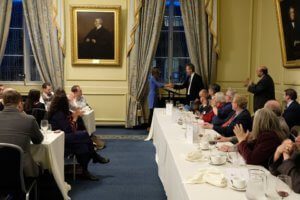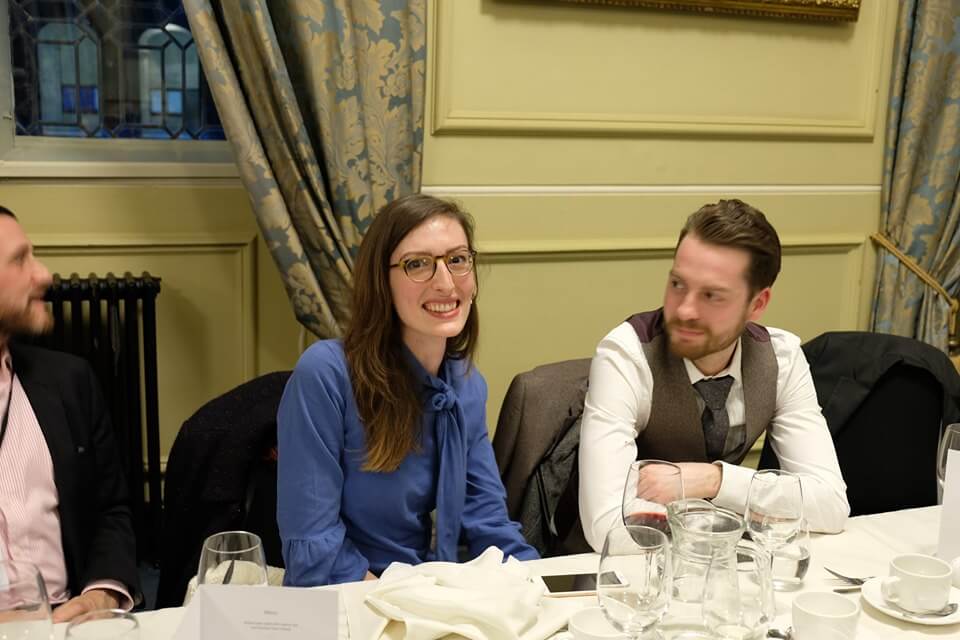BIPS is very pleased to announce its award for best paper to Dr Julia Hartley (University of Warwick) for her work titled “Making (Ancient) History: Women and Power in Jane Dieulafoy’s Parysatis (1890)”. She won a cash prize of £100.

Parysatis was the archaeologist Jane Dieulafoy’s first foray into fiction. Drawing inspiration from the remains of Susa, the novel centres on Parysatis, mother of Cyrus the Younger and Artaxerxes II, who sows death and discord in her passionate pursuit of power. The scientific and the cliché work elbow to elbow in this historical novel, which delivers the Orient of Western fantasy in all its splendour, decadence, and sensuality, while also asserting Dieulafoy’s academic authority through the use of historical characters and references to architectural features that she unearthed. I will focus on the question of women and power, considering first how Dieulafoy constructs her own authority through the novel’s preface and the passages based on her travels and research, and secondly the novel’s portrayal of powerful women. While Dieulafoy’s evocation of the rivalry between the Greeks and Persians falls into Orientalist dichotomies, her portrayal of women is far less conventional.

Julia Hartley did her BA and DPhil in Modern and Medieval Languages (French and Italian) at the University of Oxford, discovering her love of Persian in her last year as a graduate student at Oxford. Since then, she has been a Laming Fellow at the Queen’s College, Oxford and has earned an MA in Iranian Studies from SOAS. She is now a Leverhulme Early Career Fellow at the University of Warwick, where she is working on a monograph provisionally entitled ‘West-Eastern Encounters: Iran in French Literature (1829-1908)’, which examines the image of Iran and the reception of Persian literature in French works from the long nineteenth century. She is also currently guest editing a special issue of Iranian Studies on European receptions of Sa’di.
Her first book, Reading Dante and Proust by Analogy, will be coming out with Legenda this autumn.
Runners up for the prize were Guan Kiong Teh (University of St Andrews) for his work titled “Middle Eastern Ways of Life: The contributions of John Mowlem & Co. Ltd and Iran National to Iranian soft power diplomacy, 1954-69″ and Maral Sāhebjāme (University of Washington) for how work titled “Marriage as a public affair: what cohabitation unmasks about civil religious hybridity in Iranian law “